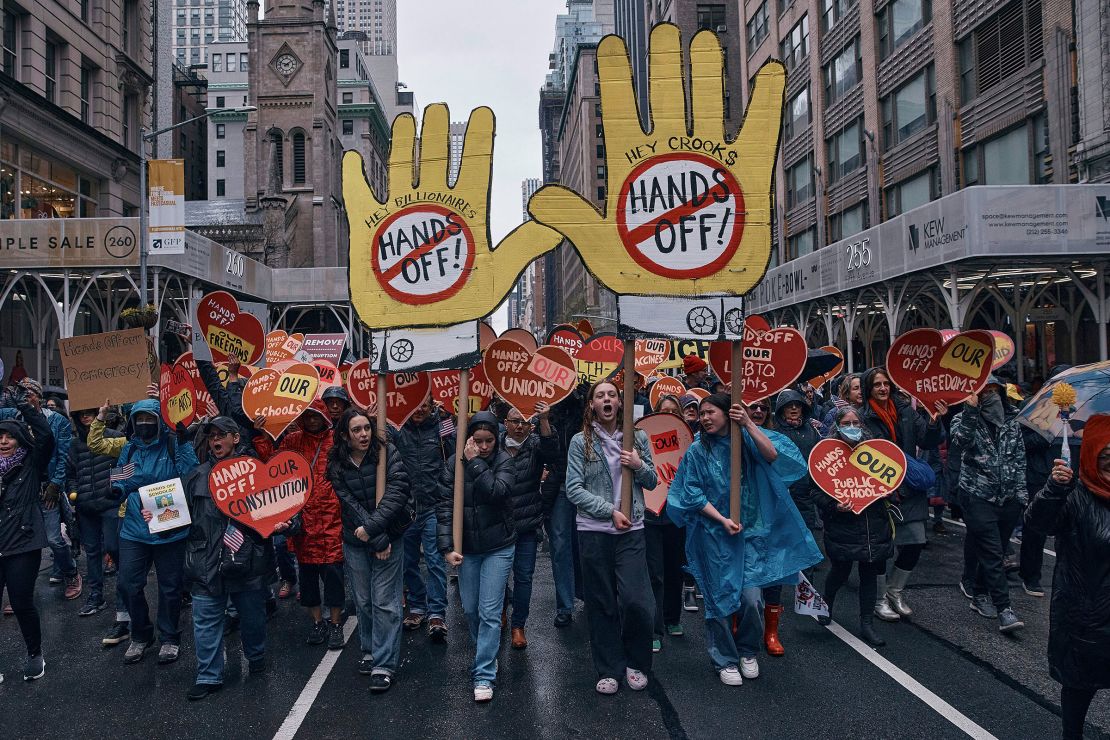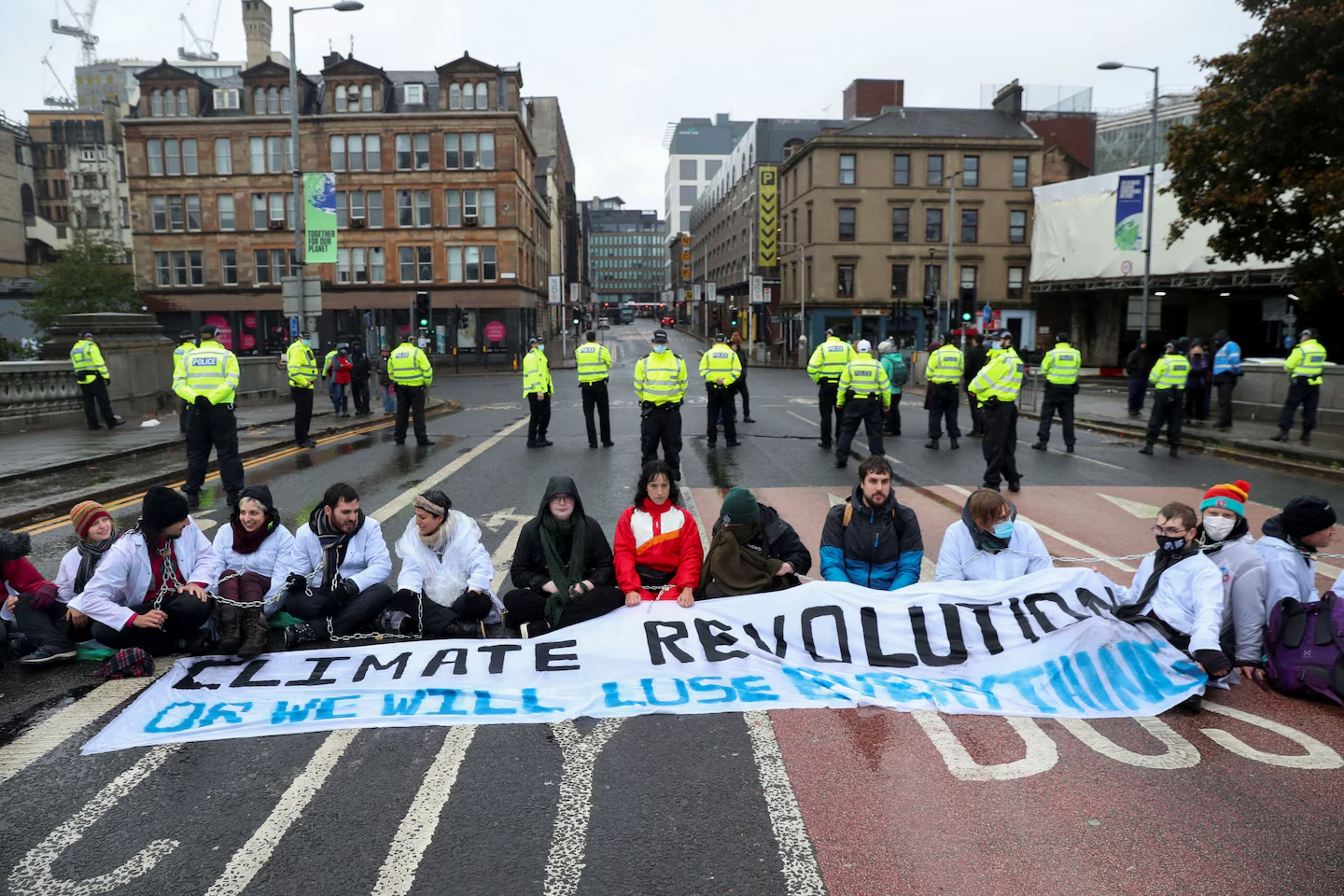The landscape of American politics is increasingly chaotic, with a staggering 75% of citizens feeling overwhelmed and powerless to effect change. This sentiment is a deliberate strategy designed to foster confusion and maintain the status quo. In the face of such disillusionment, grassroots movements are rising to reclaim agency, emphasizing community engagement as a critical antidote to despair.
Grassroots Movements Unite for Change
In response to the pervasive sense of helplessness, organizations like Indivisible are hosting weekly virtual events aimed at fostering community resilience. Co-founders Leah Greenberg and Ezra Levin are at the forefront of this initiative, encouraging citizens to sift through the noise of daily news and focus on actionable strategies for climate and social justice. According to research on government communication, the lack of public support for climate action often stems from ineffective messaging and overwhelming political noise.
Understanding the Power Dynamics
The brutal reality is that many Americans feel disconnected from the intricate web of policy-making. A recent study emphasizes that effective communication can significantly influence public attitudes towards climate policies. However, the current administration’s communication strategies often lack clarity, leading to further disengagement. As reported by the GW Government and Public Affairs study, building public trust is essential for fostering a proactive citizenry.
\n\n
Bernie Sanders’ message of resistance finds fresh life as Democratic ...
Mobilizing Voices for Environmental Justice
The urgency to act has never been clearer, especially as marginalized communities continue to bear the brunt of climate impacts. The intersection of environmental degradation and social justice is more pronounced than ever, with low-income neighborhoods often facing the highest levels of pollution and environmental hazards. Grassroots organizations are not just advocating for policy changes; they are amplifying the voices of those most affected. Reports indicate that effective grassroots advocacy can lead to significant policy shifts, as highlighted by research on public trust during crises.
The Role of Community in Climate Action
Community gatherings, both virtual and in-person, are becoming crucial platforms for organizing and mobilizing local action. During these sessions, participants share their experiences and strategies, creating a collective consciousness that empowers individuals. As stated in a study on the impact of communication, the strength of community engagement cannot be overstated; it is vital for rebuilding trust and fostering a sense of shared responsibility in addressing climate challenges.
\n\n
Climate scientists are turning to protest in desperation - The ...
Challenges Ahead for Progressive Movements
Despite the growing momentum of grassroots initiatives, significant hurdles remain. The current political landscape is rife with misinformation and skepticism, which can undermine efforts for systemic change. According to government communications studies, addressing public skepticism is crucial for effective policy implementation. Progressive movements must not only push for environmental reforms but also engage in robust, transparent communication strategies to counteract the overwhelming tide of negativity and fear.
As the climate crisis continues to escalate, the need for unified action is increasingly urgent. Community-led initiatives represent a beacon of hope in a landscape often dominated by despair, proving that collective action can challenge the status quo and demand accountability from those in power.

![[Video] Anti-ICE Protester Pepper Sprayed as CBP Agents Disperse Crowd in Minneapolis](/_next/image?url=%2Fapi%2Fimage%2Fthumbnails%2Fthumbnail-1768260677127-y71sb7-thumbnail.jpg&w=3840&q=75)

![[Video] Several injured as U-Haul truck drives through Iranian protestors in Los Angeles](/_next/image?url=%2Fapi%2Fimage%2Fthumbnails%2Fthumbnail-1768176682028-q95y6j-thumbnail.jpg&w=3840&q=75)
![[Video] Scuffle breaks out between Trump supporters and Anti-ICE protesters in Times Square](/_next/image?url=%2Fapi%2Fimage%2Fthumbnails%2Fthumbnail-1768165958203-hgcgb-thumbnail.jpg&w=3840&q=75)


![[Video] Gunfire between Iraqi security forces and Sadr militias in Baghdad](/_next/image?url=%2Fapi%2Fimage%2Fthumbnails%2Fthumbnail-1768343508874-4redb-thumbnail.jpg&w=3840&q=75)
